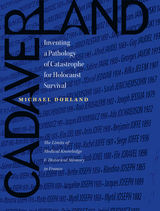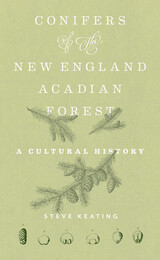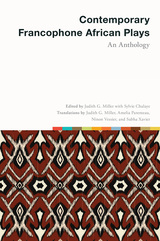2 books about Historical Memory

The Ancient State of Puyŏ in Northeast Asia
Archaeology and Historical Memory
Mark E. Byington
Harvard University Press, 2016
Mark E. Byington explores the formation, history, and legacy of the ancient state of Puyŏ, which existed in central Manchuria from the third century BCE until the late fifth century CE. As the earliest archaeologically attested state to arise in northeastern Asia, Puyŏ occupies an important place in the history of that region. Nevertheless, until now its history and culture have been rarely touched upon in scholarly works in any language. The present volume, utilizing recently discovered archaeological materials from Northeast China as well as a wide variety of historical records, explores the social and political processes associated with the formation and development of the Puyŏ state, and discusses how the historical legacy of Puyŏ—its historical memory—contributed to modes of statecraft of later northeast Asian states and provided a basis for a developing historiographical tradition on the Korean peninsula. Byington focuses on two major aspects of state formation: as a social process leading to the formation of a state-level polity called Puyŏ, and as a political process associated with a variety of devices intended to assure the stability and perpetuation of the inegalitarian social structures of several early states in the Korea-Manchuria region.
[more]

Cadaverland
Inventing a Pathology of Catastrophe for Holocaust Survival [The Limits of Medical Knowledge and Historical Memory in France]
Michael Dorland
Brandeis University Press, 2009
In this extraordinary study, Michael Dorland explores sixty years of medical attempts by French doctors (mainly in the fields of neuropsychiatry and psychoanalysis) to describe the effects of concentration camp incarceration on Holocaust survivors. Dorland begins with a discussion of the liberation of concentration camp survivors, their stay in deportation camps, and eventual return to France, analyzing the circulation of mainly medical (neuropsychiatric) knowledge, its struggles to establish a symptomology of camp effects, and its broadening out into connected medical fields such as psychoanalysis. He then turns specifically to the French medical doctors who studied Holocaust survivors, and he investigates somatic, psychological, and holistic conceptions of survivors as patients and human beings. The final third of the book offers a comparative look at the “psy-science” approach to Holocaust survival beyond France, particularly in the United States and Israel. He illuminates the peculiar journey of a medical discourse that began in France but took on new forms elsewhere, eventually expanding into nonmedical fields to create the basis of the “traumato-culture” with which we are familiar today. Embedding his analysis of different medical discourses in the sociopolitical history of France in the twentieth century, he also looks at the French Jewish Question as it affected French medicine, the effects of five years of Nazi Occupation, France’s enthusiastic collaboration, and the problems this would pose for postwar collective memory.
[more]
READERS
Browse our collection.
PUBLISHERS
See BiblioVault's publisher services.
STUDENT SERVICES
Files for college accessibility offices.
UChicago Accessibility Resources
home | accessibility | search | about | contact us
BiblioVault ® 2001 - 2024
The University of Chicago Press









